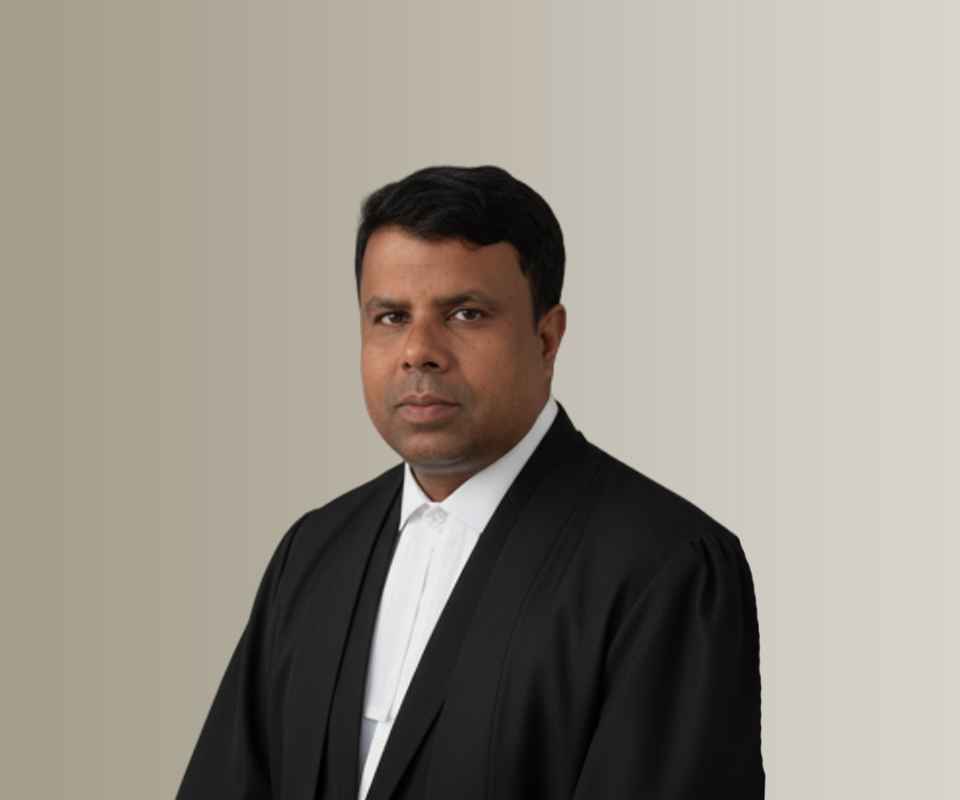Answer By law4u team
Constitution Of India Article 3: Formation of New States and Alteration of Areas, Boundaries or Names of Existing States
3. Formation of new States and alteration of areas, boundaries or names of existing States.—Parliament may by law—
- (a) form a new State by separation of territory from any State or by uniting two or more States or parts of States or by uniting any territory to a part of any State;
- (b) increase the area of any State;
- (c) diminish the area of any State;
- (d) alter the boundaries of any State;
- (e) alter the name of any State;
{1}[Provided that no Bill for the purpose shall be introduced in either House of Parliament except on the recommendation of the]
NOTE
- Subs. by the Constitution (Seventh Amendment) Act, 1956, s. 2, for cl. (2) (w.e.f. 1-11-1956).
Brief Detail
Article 3 of the Constitution of India gives Parliament the authority to form new States or alter existing States' areas, boundaries, or names. This includes the ability to create new States by separating territory from existing ones, merging States, altering the territorial limits of States, or changing the names of States. However, a bill for such changes cannot be introduced in Parliament unless it is recommended by the President of India.
Question & Answers
Q1: What powers does Parliament have under Article 3 regarding States?
A1: Parliament can form new States, alter existing States' areas, boundaries, or names, and make other related changes.
Q2: Can a bill for the formation or alteration of States be introduced in Parliament without recommendation?
A2: No, such a bill can only be introduced in Parliament with the recommendation of the President of India.
Q3: What changes can Parliament make under Article 3?
A3: Parliament can increase or decrease a State's area, alter boundaries, change the name of a State, or create new States by merging or separating territories.
Example
Example 1: The creation of the State of Telangana in 2014 was done through a law passed by Parliament under the provisions of Article 3, following the separation of territory from Andhra Pradesh.
Example 2: If a part of a State's territory is given to another State, this would be a change allowed under Article 3, and the recommendation of the President is required to introduce the bill in Parliament.
Summary
Article 3 provides Parliament with the power to form new States, alter the area, boundaries, or name of existing States, with the condition that any bill to effect such changes must be introduced with the President's recommendation.







